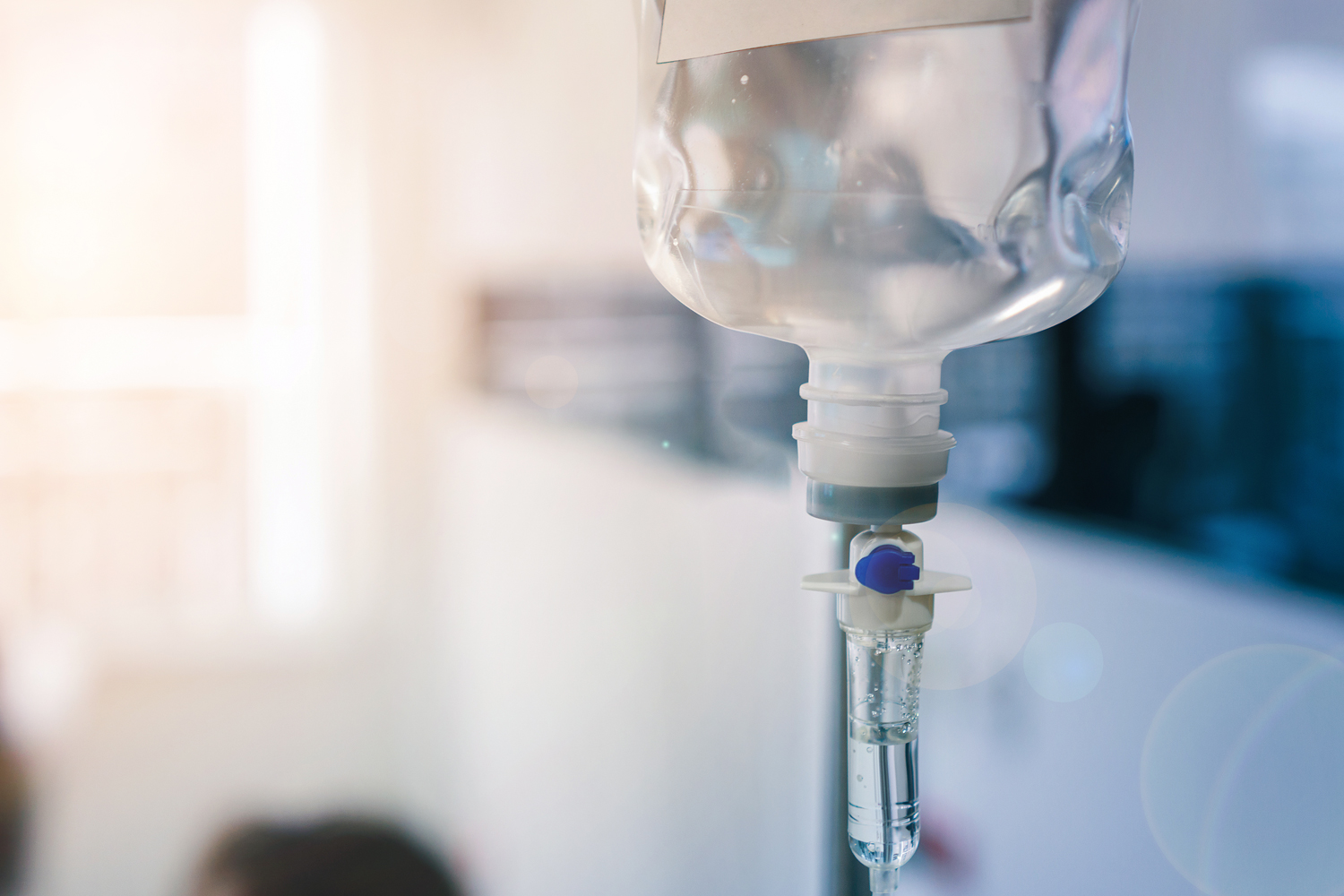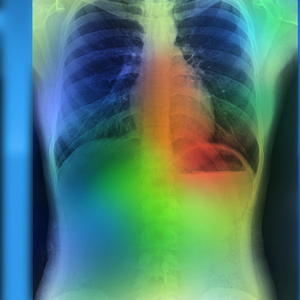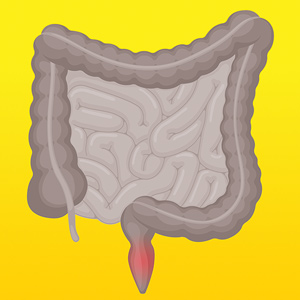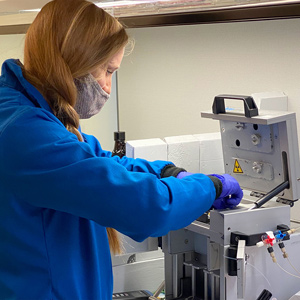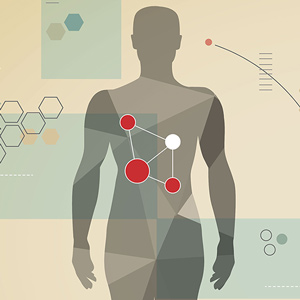-
Should All Kids With Cancer Get Genetic Testing?
Testing children with cancer for hereditary mutations could impact their treatment and provide information relevant to other family members.
by Marcus A. Banks
-
Understanding How Radiation Causes Cancer
Researchers are investigating who is at greatest risk for radiation-induced cancers.
by Kate Yandell
-
How Long Do Immunotherapy Side Effects Last?
For people with melanoma who receive immune checkpoint inhibitors after surgery, side effects can remain even after treatment has been completed. These chronic side effects are most often mild.
by Anna Goshua
-
Chemobrain: It’s Not Your Imagination
Scientists discussed the mechanisms of chemotherapy-related cognitive impairment at a session dedicated to symptom science at the AACR Annual Meeting 2021.
by Marci A. Landsmann
-
Searching the Blood for Signs of Altered Immunity
The immune systems of people with blood cancer respond differently to infection with the coronavirus than the immune systems of people without cancer or with solid tumors.
by Kate Yandell
-
Forward Look
New Therapies for Metastatic Lung CancerSeveral targeted drugs were approved in 2020 to treat the most common type of lung cancer.
by Ashley P. Taylor
-
Survivor Profile
A Return to CarnivalWith a renewed sense of purpose, stage IV lung cancer survivor Oswald Peterson returns to his parents' native Trinidad to celebrate the Caribbean festival.
by Lindsey Konkel
-
Forward Look
A Strategy to WatchSome rectal cancer patients may safely avoid life-altering surgery.
by Kristine Conner
-
Forward Look
What’s Next? Spring 2021A new way to evaluate patients with prostate cancer.
by Christina Bennett
-
When Cancer’s Spread Is Limited
People with cancer that has spread to only a few locations—called oligometastatic cancer—may benefit from aggressive local treatment.
by Kate Yandell
Cancer Talk
Biotin Supplements Can Skew Cancer Lab Results
Products containing biotin can alter lab tests for people during and after cancer treatment.
by Laura Gesualdi Gilmore
Connecting More Patients to Cancer Clinical TrialsAACR conference brings experts together to discuss strategies to reach people historically left out of cancer research.
by Eric Fitzsimmons
Treatment Combination Improves Survival in EGFR-positive Lung CancerAdding chemotherapy to targeted therapy improves outcomes for people with advanced EGFR-positive non-small cell lung cancer.
by Sandra Gordon
Lessons From 20 Years Living With CancerMultiple myeloma survivor Jonathan Gluck reflects on uncertainty, and the scientific progress that has kept him living with cancer for more than two decades.
by Eric Fitzsimmons

